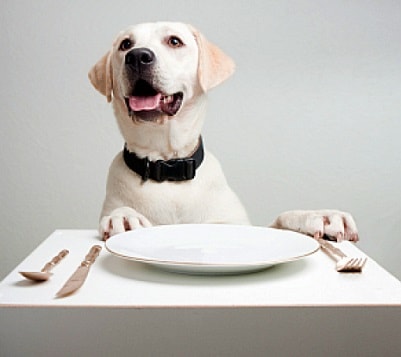Can My Dog Eat That? A Guide to People Snacks for Dogs
We love giving our pets treats, especially around the holidays, but what treats we should–and should not–give our pets is extremely important to avoid a trip to the emergency veterinarian and a possible tragic outcome. Let’s take a look at treats you should and should not give your pet.
No Chocolate Ever
Most pet owners have heard that chocolate is dangerous to pets. This is because chocolate has theobromine, a chemical that behaves like caffeine. Even a small amount of chocolate can kill a dog depending on how much dark chocolate there is. Caffeine products, such as coffee, energy drinks, and cola products can be dangerous as well because they contain theobromine as well as caffeine. Symptoms include vomiting, hyperactivity, diarrhea, panting, abnormal heart rhythm, and thirst.
Yes to Carrots
Carrots, on the other hand, are very popular with dogs and a very healthy treat. Dogs love the sweet taste of carrots; you’ll love how your dog will beg for them.
No to Raisins and Grapes
Raisins and grapes are definitely out because in some dogs veterinarians have seen renal failure. Not all dogs may show sensitivity to raisins or grapes, but it’s too big of a risk.
Yes to Canned Pumpkin
Like carrots, canned pumpkin is definitely a favorite among dogs. Choose plain canned pumpkin without sugar or spices.
No to Onions
Onions and their relatives have been known to cause hemolytic anemia in dogs. Avoid giving your dog food with onions in it and avoid garlic, leeks, shallots, and other like plants. The stronger the flavor, the more dangerous it can be.
Yes to Cooked Lean Meat
As long as your dog is not allergic or intolerant to specific meats, it’s okay to give your dog a small treat now and again. The meat should be boneless, cooked, and have most of the fat removed. The reason why you want lean meat is to avoid the chance of causing pancreatitis. Raw meat can cause bacterial infections which can not only infect your dog, you can also contract from your dog such as E. coli, Campylobacter, and salmonella.
No to Raw Eggs
Raw eggs, and in particular raw egg whites, have a substance within them that causes biotin deficiency. Dogs that suffer from lack of biotin will have issues with their skin and coat . Raw eggs often have salmonella which can make both you and your dog very sick.
Yes to Cooked Eggs
While raw eggs can cause a lot of problems, cooked eggs are exceedingly yummy and healthy for your dog. Offering a piece of hard boiled egg is a good way of giving your dog excellent protein and vitamins. Cooking removes the hazardous enzyme that can tie up the biotin.
No to Sugarless Sweeteners
Sugarless sweeteners aren’t that good for your pet, but Xylitol is downright deadly. Xylitol causes an increase in insulin in most animals and thus causes hypoglycemia in dogs. Eating xylitol to a dog, even a small amount, can cause liver failure. Xylitol appears in sugar-free candy and gum, baked goods, toothpaste, and even in certain brands of peanut butter. Because it is very dangerous, you need to keep all products with xylitol away from your dog.

